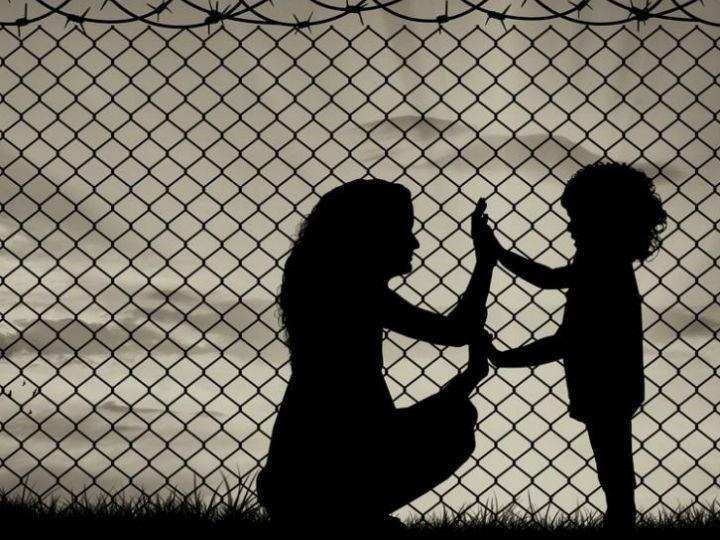Current asylum legislation neither ensures fair responsibility sharing among member states nor gives swift access to asylum procedures, to the frustration of MEPs.
According to MEPs, the 2013 Dublin III Regulation puts a “disproportionate responsibility on a minority of member states, in particular when high numbers of arrivals occur”.
The plenary resolution assesses the law that determines which member state should deal with an asylum application. MEPs call for a solidarity-based mechanism to ensure that the fundamental right to asylum in the EU is respected and that responsibility is distributed equally among member states. The text was adopted with 448 votes to 98 and 149 abstentions.
Parliament asks for fairer rules, stating that the criteria to determine the country responsible are being inappropriately applied – the “first country of entry” criterion, in particular, is being excessively overused. The ineffective transfers increase pressure on certain countries such as Greece, Italy, Malta, Cyprus, and Spain.
MEPs regret that Council, contrary to Parliament, did not adopt a position on the 2016 proposal to reform the Dublin Regulation, leaving the European Union with the “same set of rules which have proven to be ineffective” in managing high numbers of arrivals. Ad hoc agreements on relocation cannot replace a harmonised and sustainable Common European Asylum System. MEPs demand more resources for frontline member states as long as the Dublin rules are not reformed.
Gap and deficiencies in the return directive
Parliament adopted a second resolution on the implementation of the current directive on returns, with 512 to 134 and 49. MEPs stress than “an effective return policy is one of the key elements of a well-functioning EU asylum and migration policy”, noting that since 2015, the number of return decisions enforced has been decreasing, though not necessarily due to the decrease in irregular entries.
The House notes, however, that the effectiveness of the EU’s return policy should not only be measured by return rates. Its sustainability and whether fundamental rights, safeguards and procedural guarantees are being properly implemented when returning third country nationals who do not have the right to stay should also be taken into account.
According to MEPs, member states should allocate adequate human resources and provide sufficient training to responsible authorities; whenever possible, voluntary returns should be prioritised. They reiterate that unaccompanied minors should not be returned unless it can be proven to be in their best interest.
The Civil Liberties Committee is currently examining the European Commission’s 2018 proposal to amend the existing Return Directive.
*Source: European Parliament




 By: N. Peter Kramer
By: N. Peter Kramer
